By Segun Ojumu
Nigeria is witnessing a troubling surge in political activities years ahead of its 2027 general elections. The sudden appearance of campaign materials and media promotions has raised serious questions about the fairness of the electoral process and the shadowy sources of political funding.
At a gathering hosted by The Electoral Institute on Wednesday in the capital, Abuja, top officials and political observers expressed grave concern over these early developments. The former Chairman of the electoral commission, Professor Attahiru Jega, a respected figure who oversaw the 2015 polls, spoke forcefully on the matter.
Jega: An Avalanche of Unlawful Actions
Professor Jega lambasted the “brazen use of shady intermediaries and illicit funds” to bankroll political movements long before the legally sanctioned campaign period.
“There are accusations that some political parties and hopefuls are hiding behind questionable ‘third parties’ to finance these early campaigns, which is a clear violation of campaign finance regulations,” he asserted.
He went on to warn that “this unrestrained flow of cash into premature campaigns has already triggered an avalanche of unlawful actions that could undermine the integrity of the 2027 elections.” He called on anti-corruption bodies like the EFCC and ICPC to immediately investigate and halt the money trail behind these activities. He also reiterated his long-standing proposal for an independent commission and a special tribunal to swiftly prosecute electoral crimes.
INEC Acknowledges Powerlessness
The current head of the electoral commission, Professor Mahmood Yakubu, conceded that the body has a significant challenge in policing financial activities that take place outside its official calendar.
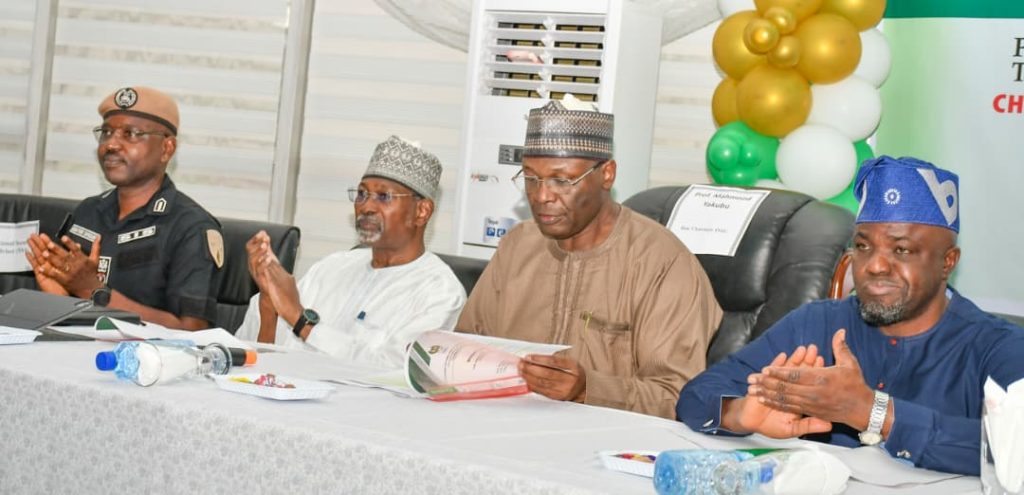
He admitted that “politicians, potential candidates, and third-party operatives are spending enormous sums of money that we cannot effectively track.” He noted that while the Electoral Act provides penalties for violations that occur close to the election date, there is “no penalty whatsoever” for campaigns that start years in advance.
Cost and Unfairness
Professor Abdullahi Abdu Zuru, who is the Chairman of the Board of The Electoral Institute pointed to the increasing role of external groups, from political blocs to online influencers, in driving these early campaigns.
“When contenders rush to establish a dominant presence long before the official campaign season, it corrupts the principle of fair competition and drastically increases the financial burden of participating in politics,” Professor Zuru explained. He emphasised that this trend makes it even harder for candidates without vast wealth to compete.
A Critical Turning Point
The roundtable concluded with a unified message from all participants: without immediate and substantial reforms, illegal financing and premature campaigning will solidify a culture of impunity, inflate election costs, and endanger the credibility of the 2027 elections.
They unanimously agreed that Nigeria’s democracy cannot withstand another electoral cycle dominated by financial influence and unmonitored propaganda.

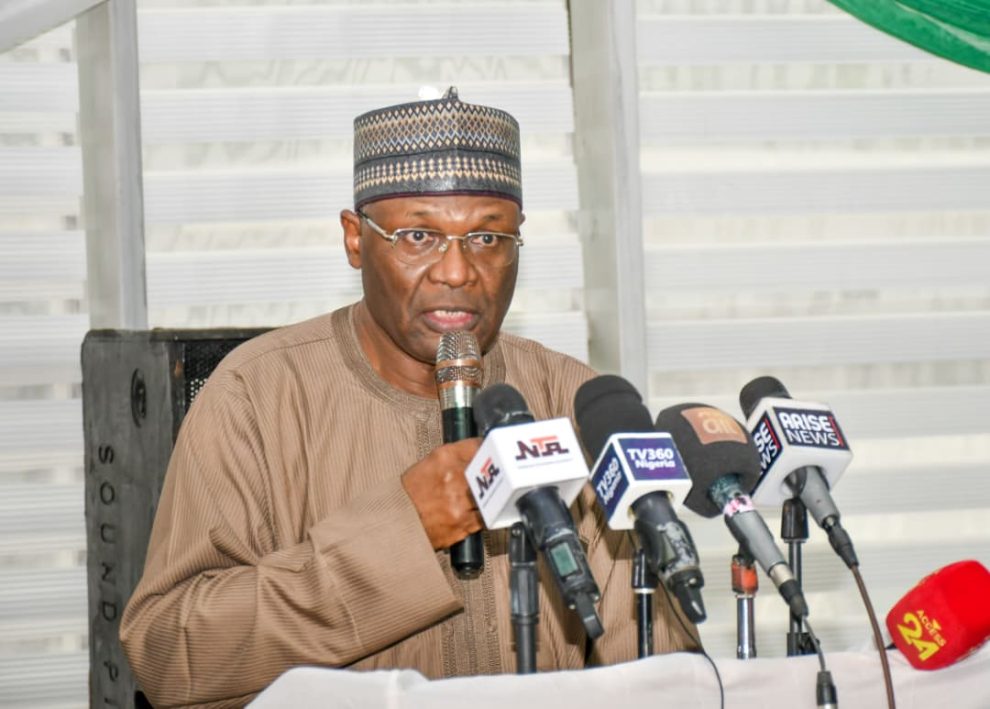
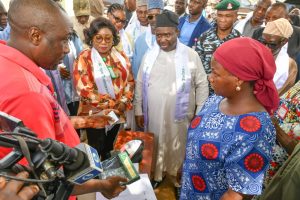
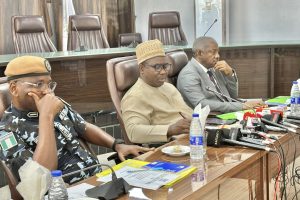
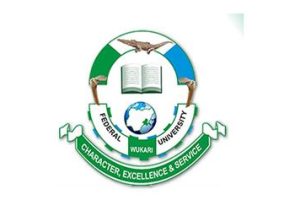
Add Comment